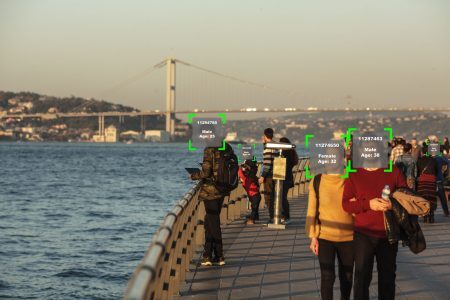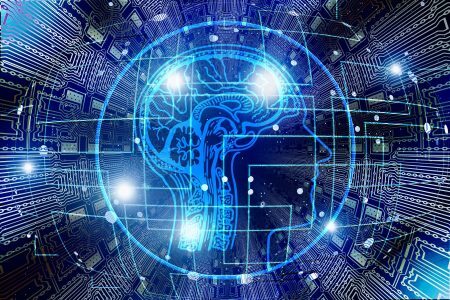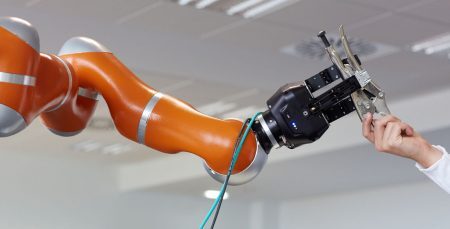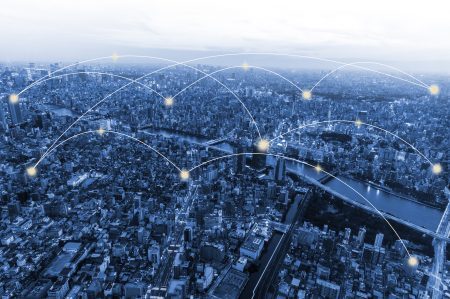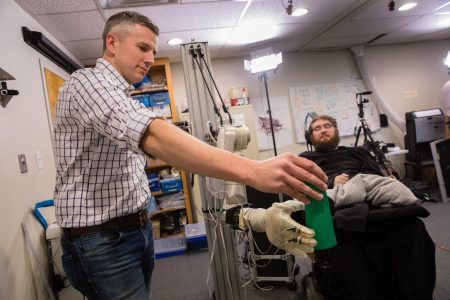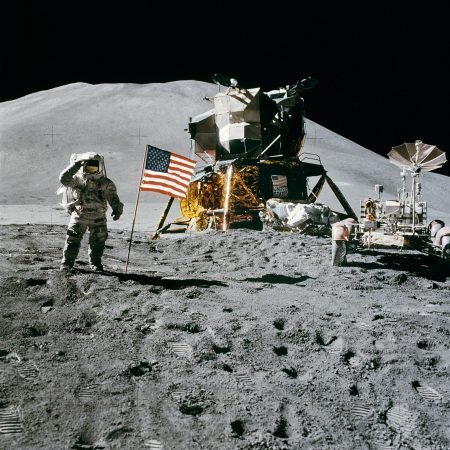COVID-19 has altered nearly every aspect of American life, including the workplace. For millions of Americans, the kitchen or the living room…
Search Results: Artificial Intelligence (862)
In the US, tireless opposition to state use of facial recognition algorithms has recently won some victories. Some progressive cities have banned some uses…
Stop us if you’ve heard this one. Warner Bros. will soon use an AI system to “…enhance the greenlight process…
Like it or loathe it, the robot revolution is now well underway and the futures described by writers such as Isaac Asimov, Frederik Pohl and Philip K. Dick are fast turning from science fiction into science fact. But should robots have rights? And will humanity ever reach a point where human and machine are treated the same?
“To be dead,” wrote the 20th century French philosopher Jean-Paul Sartre, “is to be a prey for the living.” Even Sartre, though, would have struggled to imagine casting James Dean in a movie 64 years after the actor’s death.
Robots used to be restricted to heavy lifting or fine detail work in factories. Now Boston Dynamics’ nimble four-legged robot, Spot, is available for companies to lease to carry out various real-world jobs, a sign of just how common interactions between humans and machines have become in recent years.
Cloud computing – the delivery of sophisticated information technology capabilities over the internet – could play a crucial role in both innovation and efficiency.
Unlike a nuclear weapon, which would vaporize people within 100 feet and kill almost everyone within a half-mile, the death toll from a large-scale cyberattack would be slower. People might die from a lack of food, power or gas for heat or from car crashes resulting from a corrupted traffic light system.
Elon Musk grabbed a lot of attention with his July 16 announcement that his company Neuralink plans to implant electrodes into the brains of people with paralysis by next year. Their first goal is to create assistive technology to help people who can’t move or are unable to communicate.
The Apollo computer was state-of-the-art in its time, but what would have been different if the moon landing had the state-of-the-art computers that are available today?
I suspect that the software development time would have been a lot faster, due to the software development tools that are available today. It would have been a lot quicker to write, debug and test the complex code required to deliver a man to the moon.


